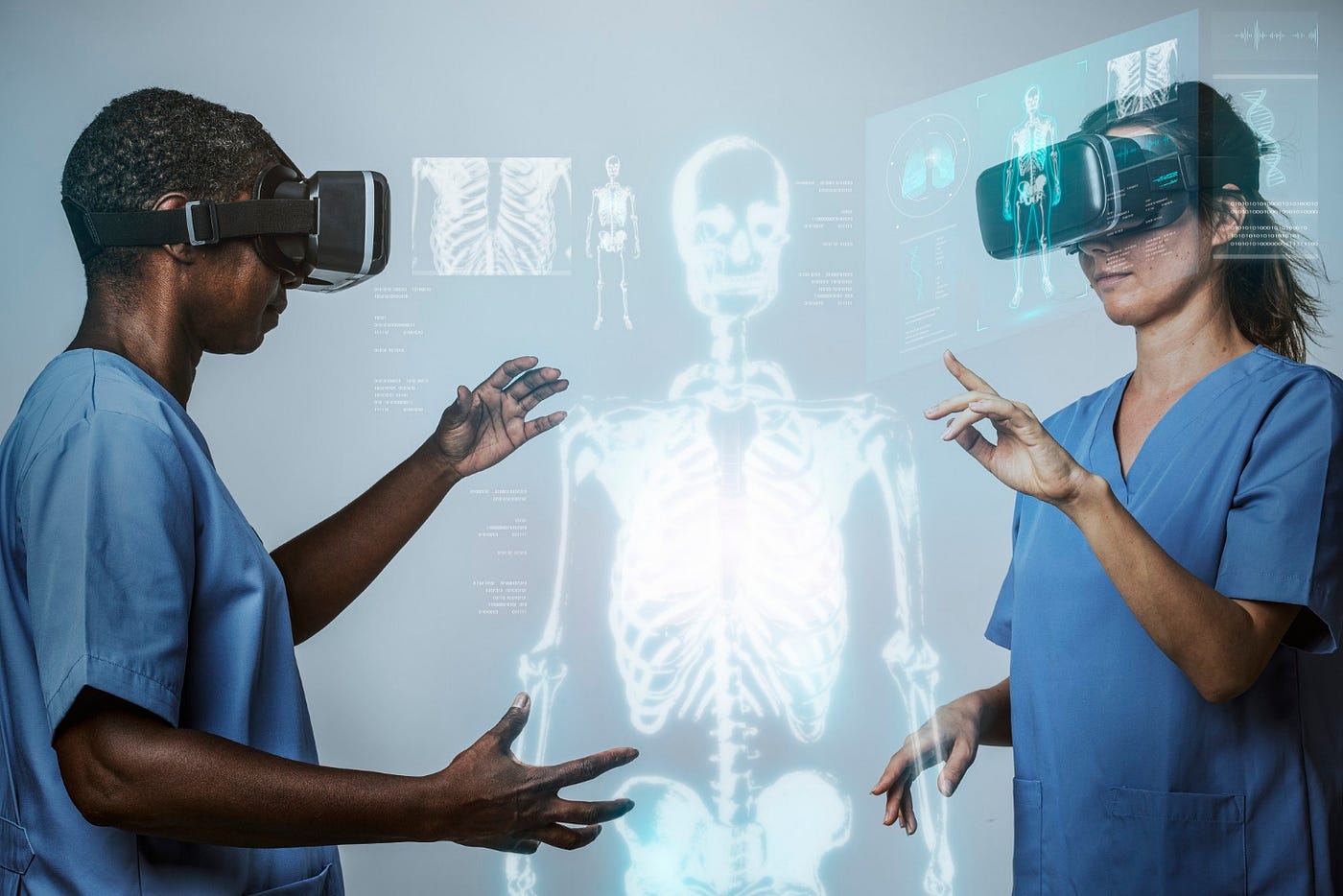
Can Pharma ever be True Innovators in Digital Health?
The term innovation belongs to that congregation of clichés that can be lazily used to evoke a sense of modernity and progression, often within industries or professions better known for conservatism and resistance to change.
What actually is innovation? There are hundreds of definitions available, with the consensus describing innovation as the creation of better solutions to new or existing problems or needs that can take the form of products, processes, services or technologies. On the face of it medicine and technology rely on innovation and Pharma relies on both in order to survive. It should be a marriage made in heaven, right?
A definition I am more comfortable with, because it is still being shaped and forged, is that of digital health. I believe digital health is the use of digital technology to evidentiallyprevent disease, improve clinical outcomes for patients and support health care professionals to improve the provision of care. Pharmaceutical companies are built on innovation, however there was always a dissonance between the R&D function that discovered new medicines and those who communicated on their behalf. There has also been a struggle to define what value can be delivered beyond the medicine (the dreaded ‘beyond the pill’).
I am asked often in the course of my work if Pharma can truly be innovators in digital health. Is it not better to let others such as technology companies take the lead? I think this would be a massive mistake. However, despite the plethora of job titles that contain the term innovation, it can still feel like a struggle. Inspired by the launch of David Bowie’s new album ‘Blackstar’ I was actually writing this piece when news started filtering through on twitter of his death. Not wanting to jump on the bandwagon I have waited to post it.
You can do a lot worse than take inspiration from such a creative and innovative human being; based on his example, here are the lessons I have tried to implement that I believe could help pharma drive innovation in digital health:
Take a Diverse Source of Inspiration
True innovation comes from the ability to connect seemingly disconnected things together, blending surprising combinations to create something new and different. Bowie drew from hugely varied sources of inspiration, not just all genres of music but also fashion design, dance, literature, film, contemporary art, Japanese kabuki, to name but a few. What people often described as his uniqueness was actually the result of mixing established ingredients in new ways, producing a new recipe entirely his own. An example of this can be seen in his use of the cut-up technique, inspired by the Dadaists of the 1920s. This crystallises his approach of undermining linear structures and approaches to discover new combinations and possibilities.
Big Pharma employ thousands of people from all around the world, and yet the breadth of its frame of reference and inspiration often seems very limited. It seems technology only becomes interesting socially when it is boring technologically; our challenge is to reach and help people at scale. Quite often when we look to tackle problems of diagnosis or support through technology the possibilities are dismissed without thought: Monitoring breathing through the phone to diagnoses respiratory disease? Crazy. Working with music streaming to intervene when people may be suffering mental health issues? Don’t be ridiculous. The truth is we are working off the edge of the map with technology in 2018; we need to be open to diverse and often ‘crazy’ ideas if we are going to innovate.
Always Look to Collaborate
In many ways Bowie was the king of collaboration. For over 5 decades he worked with brilliant musicians, artists, dancers and fashion designers. He never let ego prevent him reaching out to people who inspired him. He had the ability to utilise the right talent for the right project, bringing out the best from himself within the partnership, never feeling insecure or overshadowed. He also exemplified the notion that collaboration can vary in both duration and intensity. Some of these collaborations lasted a few days or weeks while others (such as Brian Eno, Iggy Pop and producer Tony Visconti) lasted on and off for his whole career. The most interesting aspect of Bowie’s attitude to collaboration is the least likely for a pampered star – he was broadly easy to work with and was reported as balanced, patient and open to other people’s ideas and opinions.
“The truth is we are working off the edge of the map with technology in 2018, we need to be open to diverse and often ‘crazy’ ideas if we are going to innovate.”
Collaboration is essential to success in digital health. In order to design and implement clinically-impactful solutions you need to work at the interface of science, medicine and technology, as well as patient experience, health service design, the government and policy agenda and the consumer experience. This means forging truly equal partnerships and interdependencies historically difficult for pharma to manage. The medicine is not the heart of the project, the patient is.
It is interesting that in an attempt to come to terms with the digital health revolution big pharma is forging ahead with internal digital innovations teams; acquisitions likely to squeeze the life blood from an innovative technology company; or else employing VC-style incubators that hedge bets and keep innovation at arm’s length from mainstream activities. A capacity for true open-minded collaboration will be key to future success for pharma with digital health.
Stay Current and Curious
The best innovators refuse to just repeat what has gone before and are not afraid to fail. Bowie never really succumbed to the temptation to slip into a winning formula. The story most often cited is, as possibly the biggest rock star in the world, he killed off Ziggy Stardust live on stage in order to return with something completely different. He repeated this time and again, even in the 1980’s when at the very height of his commercial success he believed his work was becoming ‘product’, pressed the stop button and returned as lead singer of hard rock band Tin Machine. Not all of his experiments worked, but this willingness to try out new ideas, knowing that not all will triumph, is a trait every innovator needs.
“It is interesting that in an attempt to come to terms with the digital health revolution big pharma is forging ahead with internal digital innovations teams; acquisitions likely to squeeze the life blood from an innovative technology company; or else employing VC-style incubators that hedge bets and keep innovation at arm’s length from mainstream activities.”
This is a big challenge for large corporate institutions. There is a constant drive to manage risk through process and procedure and previously measured activities, even if the measured outcomes were not particularly successful. The ambition for digital health projects needs to be very high, intervening to improve people’s quality of life and clinical outcomes. This will not happen without taking risks and sometimes failing. These failures are the best way to learn and can be iterated and redeployed more effectively. Initiatives also need to be built directly with the user – the patient – without this we fall into the trap of paternalism, visualising a patient need that neatly overlaps with corporate vision rather than real problems to be solved in the real world.
Trending
-
1 Mental Health Absences Cost NHS £2 Billion Yearly
Riddhi Doshi -
2 Gut Check: A Short Guide to Digestive Health
Daniel Hall -
3 London's EuroEyes Clinic Recognised as Leader in Cataract Correction
Mihir Gadhvi -
4 4 Innovations in Lab Sample Management Enhancing Research Precision
Emily Newton -
5 The Science Behind Addiction and How Rehabs Can Help
Daniel Hall





Comments